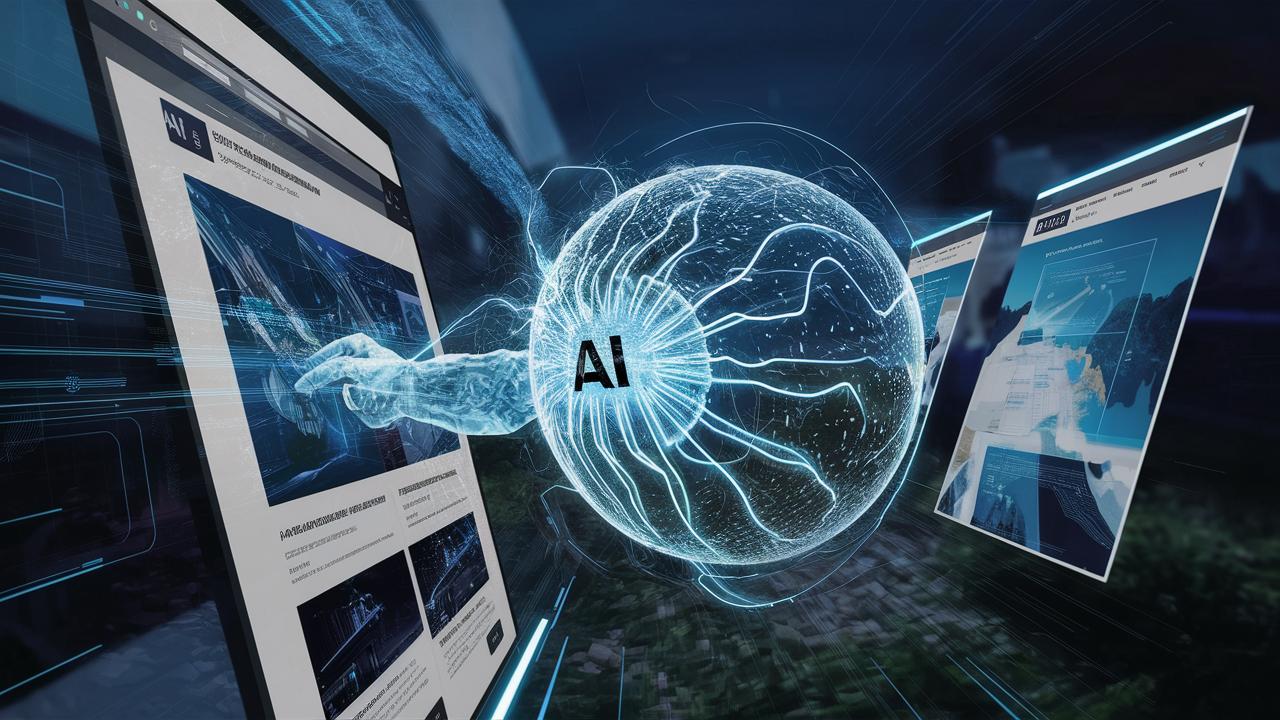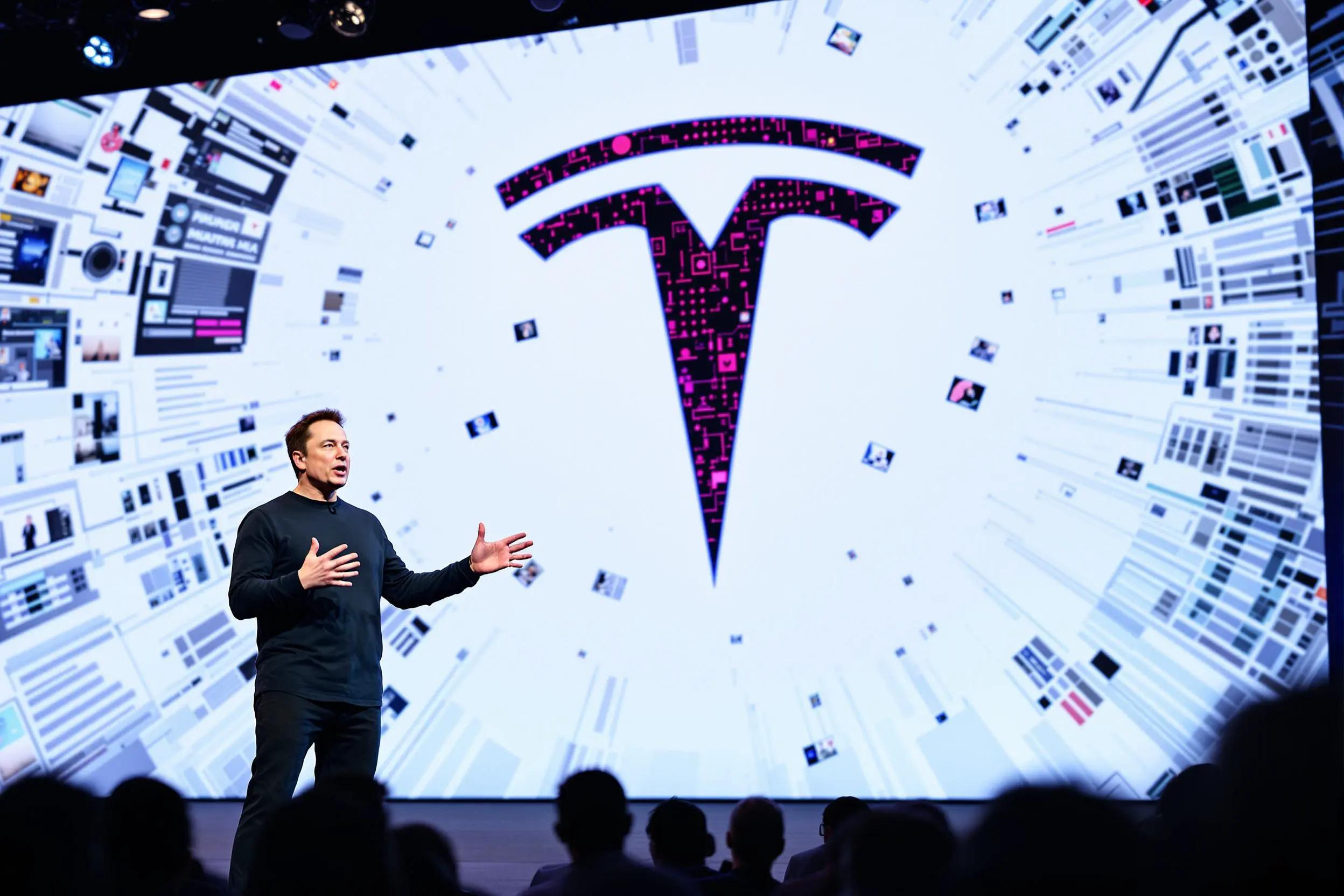May 30, 2024|5 min reading
Building Websites with Artificial Intelligence

In today's fast-paced world, technology is rapidly advancing and reshaping various industries. One significant transformation is occurring in the construction sector, where artificial intelligence (AI) is playing an increasingly pivotal role. AI's capabilities extend beyond automation to enhance efficiency, safety, and innovation in building projects. This blog explores how AI is revolutionizing the construction industry and the myriad benefits it brings to the table.
The Role of AI in Construction
Enhancing Design and Planning
AI-powered tools are revolutionizing the design and planning stages of construction projects. These tools utilize machine learning algorithms to analyze vast amounts of data, enabling architects and engineers to create optimized and efficient designs. AI can predict potential issues, suggest design improvements, and even generate 3D models, significantly reducing the time and effort required in the planning phase.
Improving Project Management
Effective project management is crucial for the success of any construction project. AI-driven project management systems offer real-time insights, predictive analytics, and automated scheduling. These systems can track progress, identify potential delays, and suggest corrective actions, ensuring projects stay on track and within budget.
Enhancing Safety and Compliance
Safety is a paramount concern in the construction industry. AI technologies, such as computer vision and wearable sensors, can monitor job sites in real time, identifying hazards and ensuring compliance with safety regulations. These systems can alert workers and supervisors about potential dangers, helping to prevent accidents and injuries.
AI Applications in Construction
Predictive Maintenance
AI can analyze data from construction equipment and machinery to predict when maintenance is needed. This predictive maintenance approach helps prevent costly breakdowns and downtime, ensuring that equipment is always in optimal working condition.
Resource Optimization
AI algorithms can optimize the use of materials, labor, and other resources in construction projects. By analyzing data from past projects and current market conditions, AI can help construction managers make informed decisions about resource allocation, reducing waste and costs.
Autonomous Machinery
Autonomous construction machinery, such as drones and robots, is becoming more prevalent on job sites. These AI-powered machines can perform tasks like surveying, excavation, and bricklaying with precision and efficiency, reducing the need for manual labor and increasing productivity.
Case Studies: AI in Action
Smart Cities
In the development of smart cities, AI is instrumental in designing and managing urban infrastructure. AI can analyze traffic patterns, environmental data, and population growth to create sustainable and efficient urban plans.
Building Information Modeling (BIM)
AI enhances Building Information Modeling (BIM) by integrating real-time data and predictive analytics. This allows for more accurate and dynamic models of buildings, improving the entire lifecycle management of construction projects.
Energy-Efficient Buildings
AI helps design energy-efficient buildings by analyzing data on climate, building materials, and energy consumption patterns. AI can suggest design modifications and smart technologies that reduce energy use and improve sustainability.
Challenges and Future Directions
Data Privacy and Security
The widespread use of AI in construction raises concerns about data privacy and security. Ensuring that sensitive project data is protected from cyber threats is crucial as AI systems become more integrated into construction processes.
Integration with Existing Systems
Integrating AI with existing construction technologies and workflows can be challenging. Companies need to invest in training and infrastructure to fully leverage AI's potential.
Ethical Considerations
As AI becomes more prevalent, ethical considerations regarding job displacement and the use of autonomous machinery must be addressed. Ensuring that AI augments rather than replaces human workers is essential for the industry's future.
Conclusion
Artificial intelligence is undeniably transforming the construction industry. From enhancing design and project management to improving safety and resource optimization, AI offers numerous benefits that drive efficiency and innovation. As the technology continues to evolve, its integration into the construction sector will likely become even more profound, paving the way for smarter, safer, and more sustainable building practices. Embracing AI in construction is not just a trend; it is a necessity for the industry's future growth and success.
Tools referenced

Durable
Elevate your online presence with Durable, the AI-powered website builder and marketing platform designed for small busi...

Gamma
Gamma is an AI-powered tool for creating stunning presentations, documents, and websites. No design or coding skills req...
Explore more

Elon Musk’s Vision: AI, Mars, and a Future of Abundance
Explore Elon Musk’s predictions on AI, Tesla’s Robotaxi plans, Starship’s Mars mission, and the role of robots in a futu...

Black Forest Labs Launches API for Faster Image Generation with Flux1.1 Pro Model
Black Forest Labs unveils its Flux image generator API, providing developers fast, high-quality image generation options...

WebFill: The Ultimate AI Tool for Form Filling, Surveys, and Data Entry
Explore WebFill, an AI-driven tool for automated form filling, survey completion, and data entry. Discover its powerful ...
